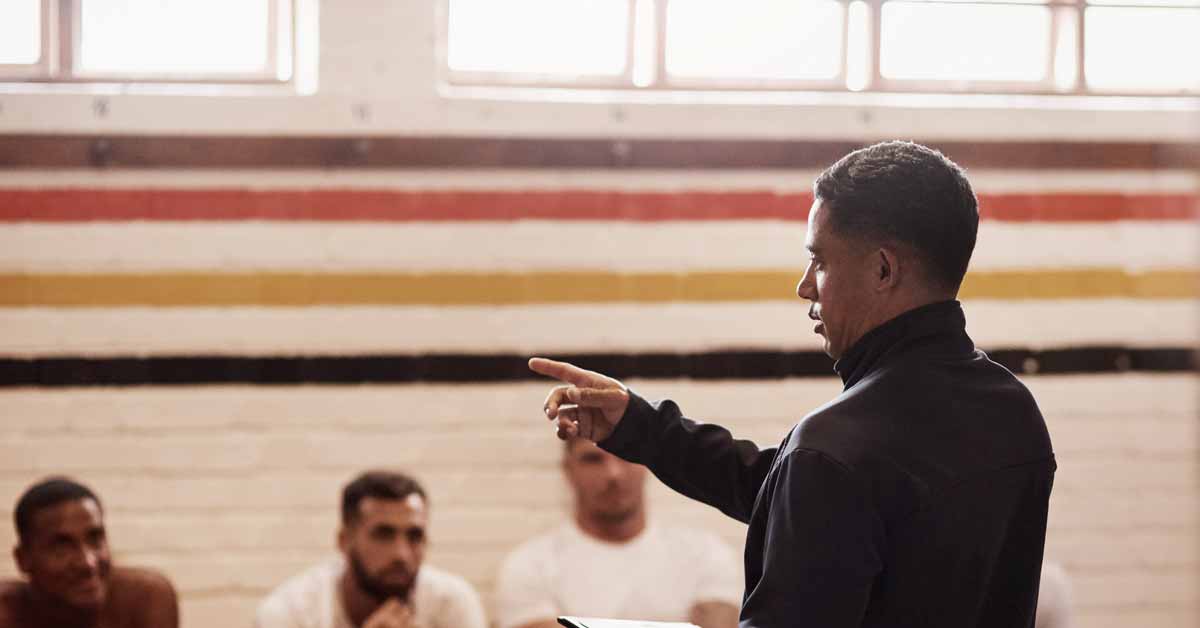
Athletes, often idolized for their physical prowess and resilience, face unique pressures. Contrary to the widespread perception of athletes as inherently strong and invulnerable, the reality is that they can face a plethora of challenges such as mental health issues and substance abuse. They also face tremendous pressure regarding athletic performance.
Sports social work is dedicated to empowering athletes to address these psychosocial and behavioral health needs.
The Role of Sports Social Workers
Sports social workers operate at the intersection of athletic performance and well-being, focusing on athletes and the environments that shape their experiences. This holistic approach encompasses direct therapeutic interventions, community engagement, and advocacy. It aims to foster environments that support athletes' overall health, growth, and success.
Organizations like the Alliance of Social Workers in Sports play a pivotal role in supporting professionals in this niche, facilitating collaboration, and fostering the development of best practices.
The Path to Empowerment and Advocacy
Empowering athletes to advocate for themselves and leverage their platforms for social change is a cornerstone of sports social work. Sports social workers promote recognizing athletes' vulnerabilities and working toward systemic changes to support their well-being.
Education and Research: Pillars of Progress
The evolution of sports social work hinges on continuous education and research. As the field grows, so does the need for specialized knowledge and evidence-based practices tailored to the athletic context. This commitment to learning and development ensures that sports social workers remain equipped to meet the complex needs of athletes and contribute meaningfully to the field's advancement.
Social Impact
By bridging the gap between passion and profession, sports social workers not only enhance the well-being of athletes but also champion the broader application of sport as a vehicle for positive social change.
As we continue to recognize and address the specific challenges faced by athletes, the field of sports social work stands poised to make a lasting impact on the world of sports and beyond.
For more on this topic, check out this Continued Social Work course: Introduction to Sport Social Work.